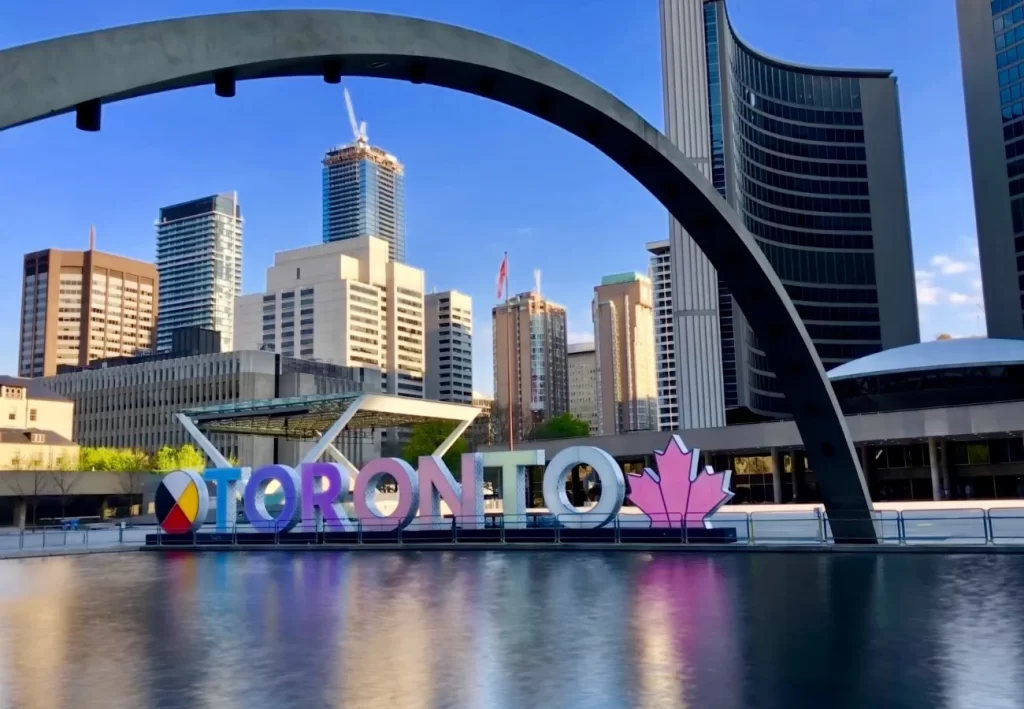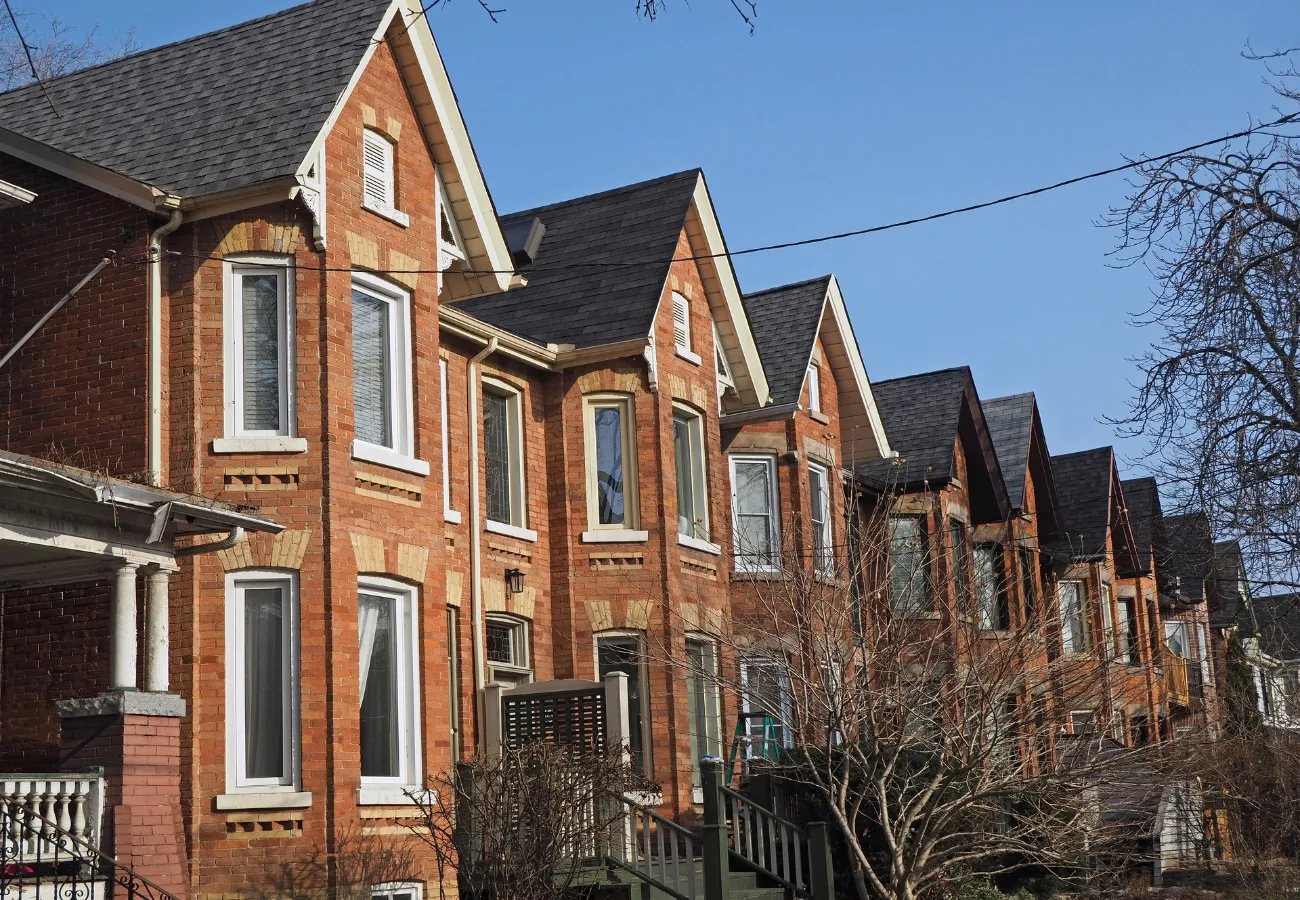Toronto’s real estate market is like a high-stakes poker game—prices are through the roof, and every square foot counts. Homeowners and buyers alike are looking for creative ways to get the most out of their properties, and basement underpinning has become a secret weapon in this race. If you’ve ever wondered why so many Torontonians are digging deeper—literally—this blog has you covered.
What Is Basement Underpinning?
Before we dive into the real estate side of things, let’s break it down. Basement underpinning is the process of strengthening and lowering the foundation of a house. Think of it as giving your home a stronger backbone and more room to breathe (or live).
By digging below your existing basement floor and reinforcing the foundation, you can increase ceiling height, improve structural integrity, and create usable living space out of what used to be a cramped, dark dungeon. In Toronto, underpinning is becoming as popular as a cup of Tim Hortons on a Monday morning—and for good reason.
Why Toronto’s Housing Market Loves Basement Underpinning
Toronto’s housing market is wild. Houses are selling like hotcakes, and people are paying top dollar even for fixer-uppers. Here’s why basement underpinning is riding this real estate wave:
1. Unlocking Hidden Space: Turning Basements Into Gold Mines
In a city where every square foot costs a fortune, a finished basement is a gold mine. Underpinning transforms a low, dingy space into a bright, livable area with full-height ceilings.
Think rental apartments, home offices, gyms, or cozy family rooms. In neighborhoods like the Annex or Leaside, where land is limited, this extra space can boost a home’s value significantly—sometimes by as much as 20–30%.
2. The Rise of Basement Apartments
Basement apartments are becoming Toronto’s unsung heroes. With the city’s housing affordability crisis, more homeowners are looking to rent out their basements for extra income.
Underpinning makes this possible by creating a legal, safe, and comfortable living space. In areas like North York and Scarborough, this trend is booming, as homeowners turn basements into high-demand rental units to cash in on Toronto’s rental market.

3. Toronto’s Older Homes Need Some Love
Toronto has no shortage of century-old homes in neighborhoods like Cabbagetown and Riverdale. While charming, these homes often come with shallow basements, cracked foundations, and structural wear and tear.
Underpinning is like hitting the refresh button on these houses, giving them a sturdy foundation and a functional basement. It’s the ultimate win-win for preserving character and adding modern functionality.
4. Luxury Features for Upscale Neighborhoods
In areas like Forest Hill and Rosedale, underpinning is taking luxury living to new depths (pun intended). These neighborhoods are seeing homeowners add wine cellars, home theatres, and personal gyms in their basements.
Underpinning turns these dream spaces into a reality, making homes more desirable and jaw-droppingly impressive.
The Emotional Side of Underpinning
Let’s face it: the idea of digging up your basement sounds overwhelming. But think of it as planting a tree—you dig deep now to enjoy shade, comfort, and value later.
For families, underpinning can mean creating a cozy basement playroom or a quiet home office. For multi-generational households, it’s about carving out a private, livable space for aging parents or young adults. And for homeowners thinking long-term, it’s about adding value that will pay off when it’s time to sell.
In Toronto’s competitive market, every upgrade can feel like a gamble, but underpinning is one bet that almost always pays off.
The Costs (and Returns) of Basement Underpinning in Toronto
Let’s talk numbers. Basement underpinning in Toronto isn’t cheap, with costs ranging from $80 to $300+ per linear foot+ depending on the project’s complexity. But before you get sticker shock, consider this:
- Increased Home Value:
A well-done underpinning project can add hundreds of thousands of dollars to your home’s resale value. In some cases, it can pay for itself. - Rental Income:
If you’re turning your basement into a legal apartment, you’re looking at potential rental income of $1,500 to $2,500+ per month, depending on your location. - Peace of Mind:
Beyond the financial returns, underpinning gives you a stronger foundation and peace of mind. In Toronto’s unpredictable weather, a reinforced foundation can save you from costly water damage or structural issues down the line.
Key Things to Know Before You Start
1. Pick the Right Contractor
Underpinning is not a DIY project—it’s complex, regulated, and requires expertise. Look for licensed, insured underpinning contractors in Toronto with solid reviews and experience in local soil and building conditions.
2. Permits Are Non-Negotiable
In Toronto, you’ll need permits for underpinning. Your contractor should handle this, but it’s good to know upfront to avoid delays or fines.
3. Expect Some Disruption
Underpinning is messy—there’s no sugarcoating it. Your basement will be a construction zone for weeks or months, so plan accordingly.
Why Now Is the Time to Dig Deeper
Toronto’s real estate market isn’t cooling off anytime soon. Whether you’re upgrading for your family, renting out a basement suite, or boosting your home’s value, underpinning is an investment that keeps on giving.
Think of your basement as a blank canvas. With the right plan and a bit of digging (okay, a lot of digging), you can turn it into a space that not only fits your needs but also makes your home stand out in Toronto’s ultra-competitive market.
In a city where the housing market feels like a constant race, basement underpinning is like finding an extra gear. It’s a chance to expand your space, strengthen your foundation, and increase your home’s value all at once.
So, if you’ve been dreaming of more room to live, work, or play, why not dig deep—literally? After all, in Toronto, the only way to go might just be down.


